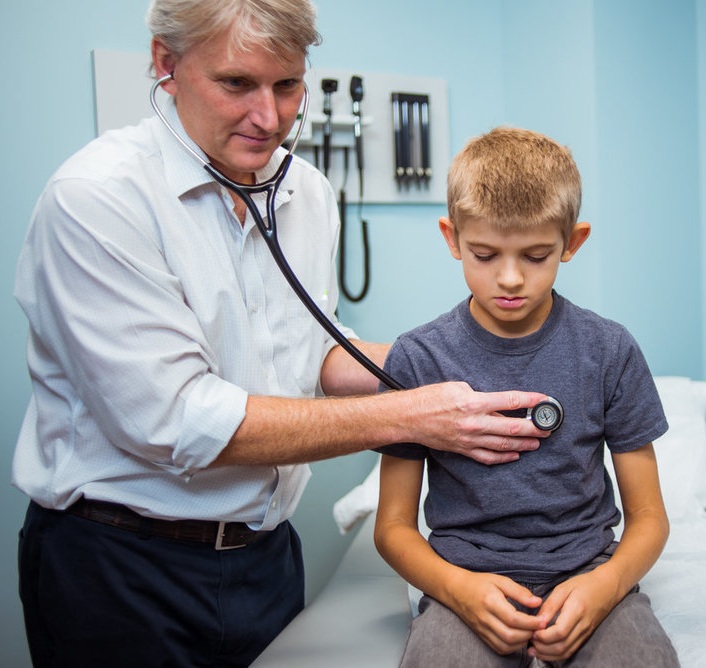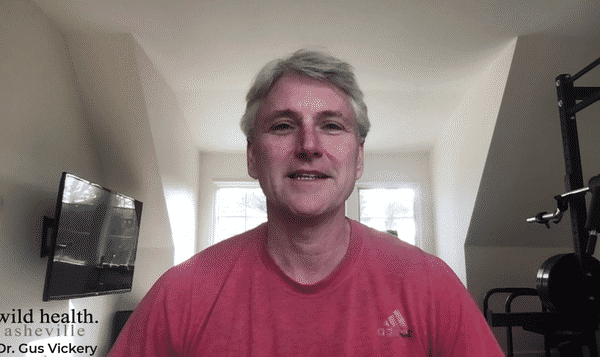Optimizing Your Health Post 1
I’d like to introduce a concept that is important for every human being—the concept of health optimization. Of course, we would all want our health to be optimized. We all want to be healthy. Everyone believes they understand what good health can provide, such as a longer lifespan, having more energy, and generally feeling better.
However, statistics show a stark truth.
We are not optimized. We are not experiencing our best health. In fact, we are increasingly sick. In each generation, this loss of health grows exponentially. Human beings are losing their potential for longer, more energy-filled lives.
>
“How much potential could an individual have if they optimized their health?”
In some ways, you could say we are devolving. There are some studies that suggest our brains may actually be shrinking and that we’re regressing in comparison to our more remote ancestors.
If we’re all interested in experiencing our best health, then we have to ask the question: why are we not getting to that point? What’s the flaw in the system? What’s the difference between an optimized human being and someone who is not? What is a non-optimized human being missing out on?
How much potential could an individual have if they optimized their health?
This blog series is going to explore these concepts and is based on my experience working with individuals in an intensive manner for the purposes of health optimization. This is different than typical disease management which is the focus for most of our healthcare system. Our preventative visits are not that preventative; we tend to get a limited set of data, counsel people about their behaviors, and treat them with medications if we see risk factors. While this is helpful, and perhaps somewhat effective to delay the onset of diseases, it is not at all coming close to the goal of health optimization.
Over the past 15 years, I have been studying human health in an intensive manner. I’ve done this in my direct observation through my role as a clinical doctor, and I’ve done it by reading and exploring the truth of human health. I’ve studied genetics, epigenetics, physiology, biochemistry, molecular biology, nutrition, physical function, neuroscience, cognitive function, circadian rhythm function and sleep, stress and emotional health, and many other topics. I do this because it’s my passion. It’s what I’m here to do.
I think, even if I wasn’t a practicing physician, I would continue to study this. I do it for myself, and to hopefully become more effective as a physician. My experience is both practical and clinical while also based on research and academic study. I have spent an enormous amount of my professional life working with individuals one-on-one in a clinical setting. After four years of medical school and three years of residency followed by now close to 15 years of active clinical medicine, I suspect that I’ve seen over 75,000 patients. That’s 75,000 unique encounters with individuals regarding their health. These encounters have taken place in the hospital, in emergency departments, urgent care settings, nursing homes, as well as my own clinic that I started 14 years ago.
>
“What I’m going to present to you in this blog series is the truth about health and at least a large part of the truth of human potential.”
I have learned an enormous amount from these encounters. It’s where I learned what really works. It’s where I’ve had the opportunity and privilege of understanding people and how my work with them might improve the opportunity for them to experience their best health.
This type of practical hands-on experience facilitates the development of intuitive wisdom. This is different than linear, algorithmic intelligence.
Intuitive intelligence allows an individual to more quickly ascertain what solutions are available to solve problems. This type of intelligence develops as a result of deep and sustained experience within a given profession. I’m not special in that I have that intelligence—all experienced clinicians have this to some degree or another—but I know that this actual clinical work has made me a better physician. It has improved my ability to really help individuals, whether it’s to diagnose a disease, treat an acute condition, or counsel a patient on how to experience the most optimized version of themselves.
I think the clinical experience is perhaps the most important experience I have that could help me to be effective for my patients. I’ve always tried to enter every encounter present and open. No matter the challenges of the professional physician life—how little time we have with each patient, how much bureaucracy we have to deal with, how much unpredictability there can be to our schedule, and how often the personal and professional issues we’re dealing with create stress—I’ve tried to be present with every patient. I’m not saying that I’ve succeeded in this, but I have continued to always try and learn from these encounters.
In addition, I continually study the latest research on human design and what factors can lead to an optimized human being. This study in conjunction with my clinical work has given me the perspective I have now about human health. I feel like what I’m going to present to you in this blog series is the truth about health and at least a large part of the truth of human potential in how it relates to our health.
I feel confident in what I’m presenting to you.
I believe that if you’re able to thoughtfully consider what I’m going to share with you throughout this blog series, you will have an understanding of the truth of human design, what factors influence health optimization versus the loss of health, and understand the questions you need to ask if you would like to become optimized. In the next post, we will explore this concept a little more deeply.
Want to reach your optimal health? Follow along with this blog series and follow me on Facebook. There’s so much more to learn!








